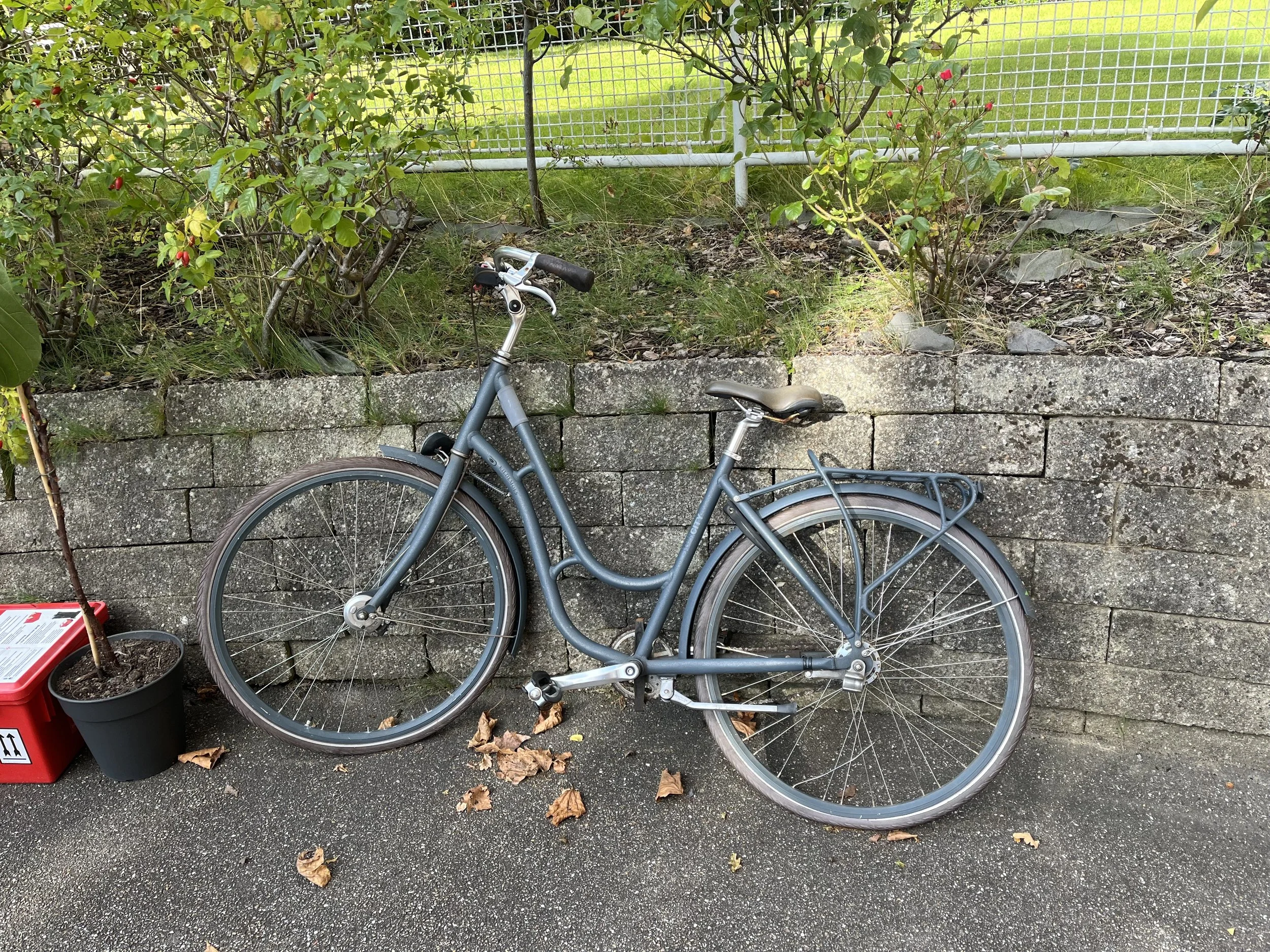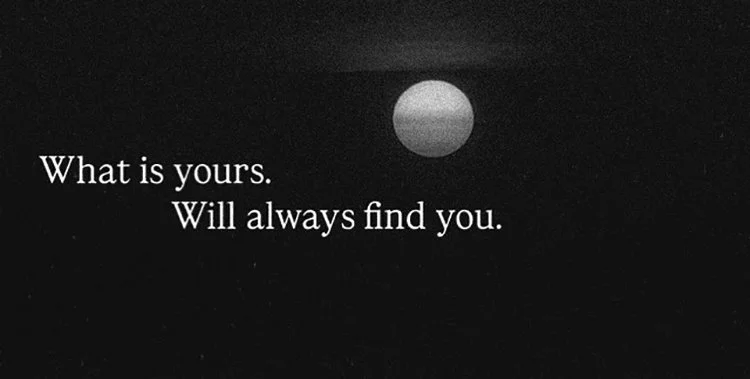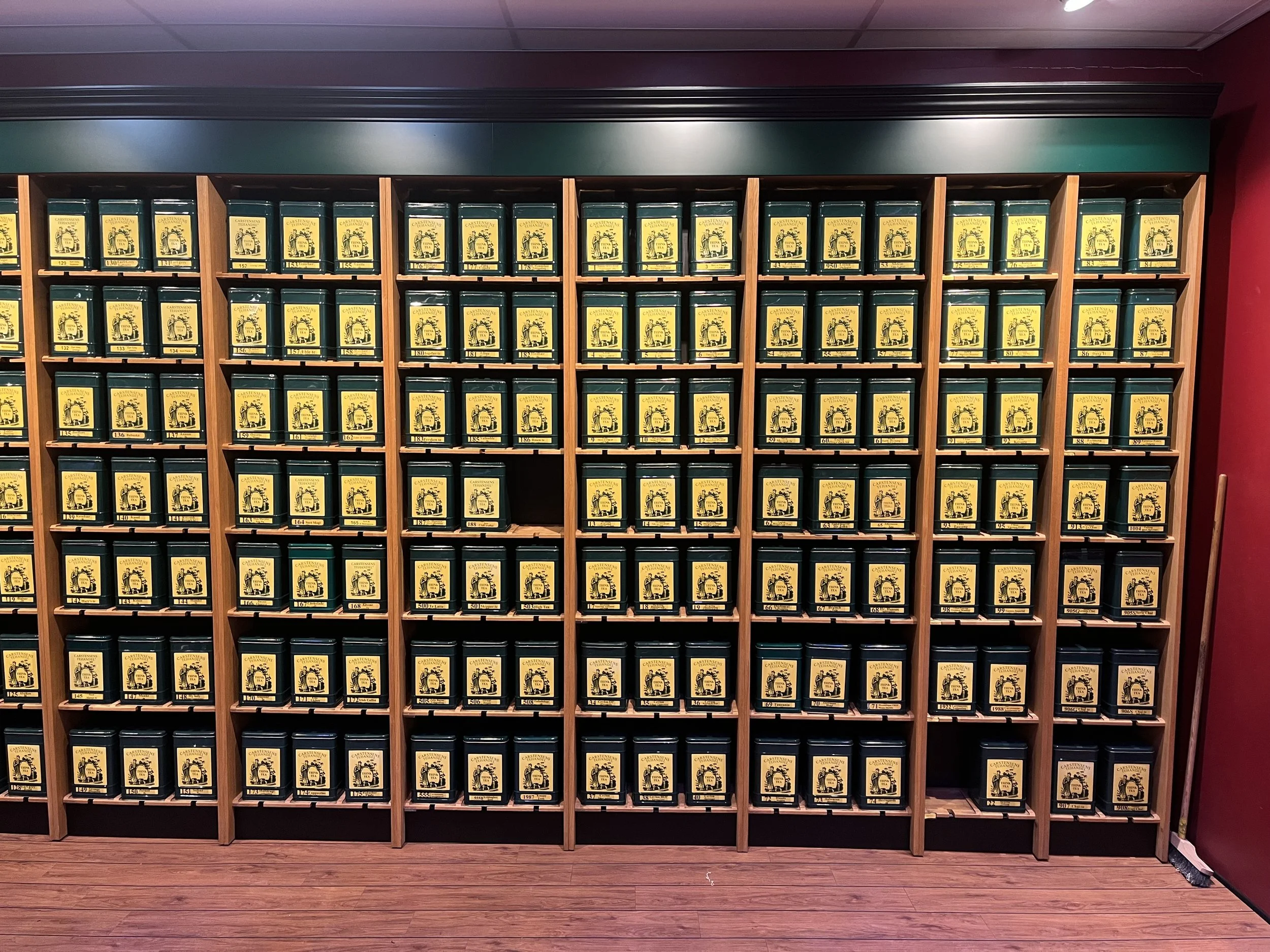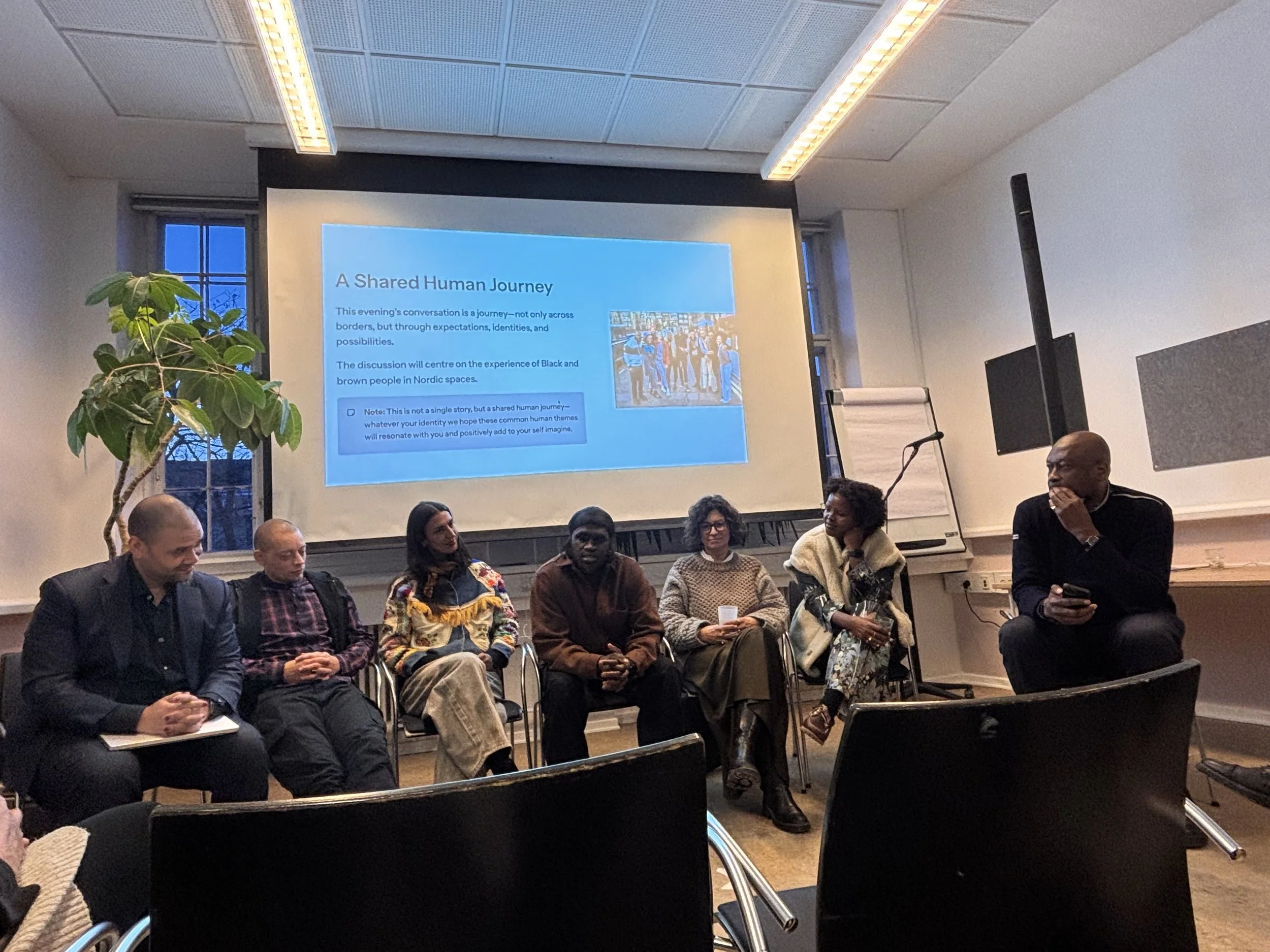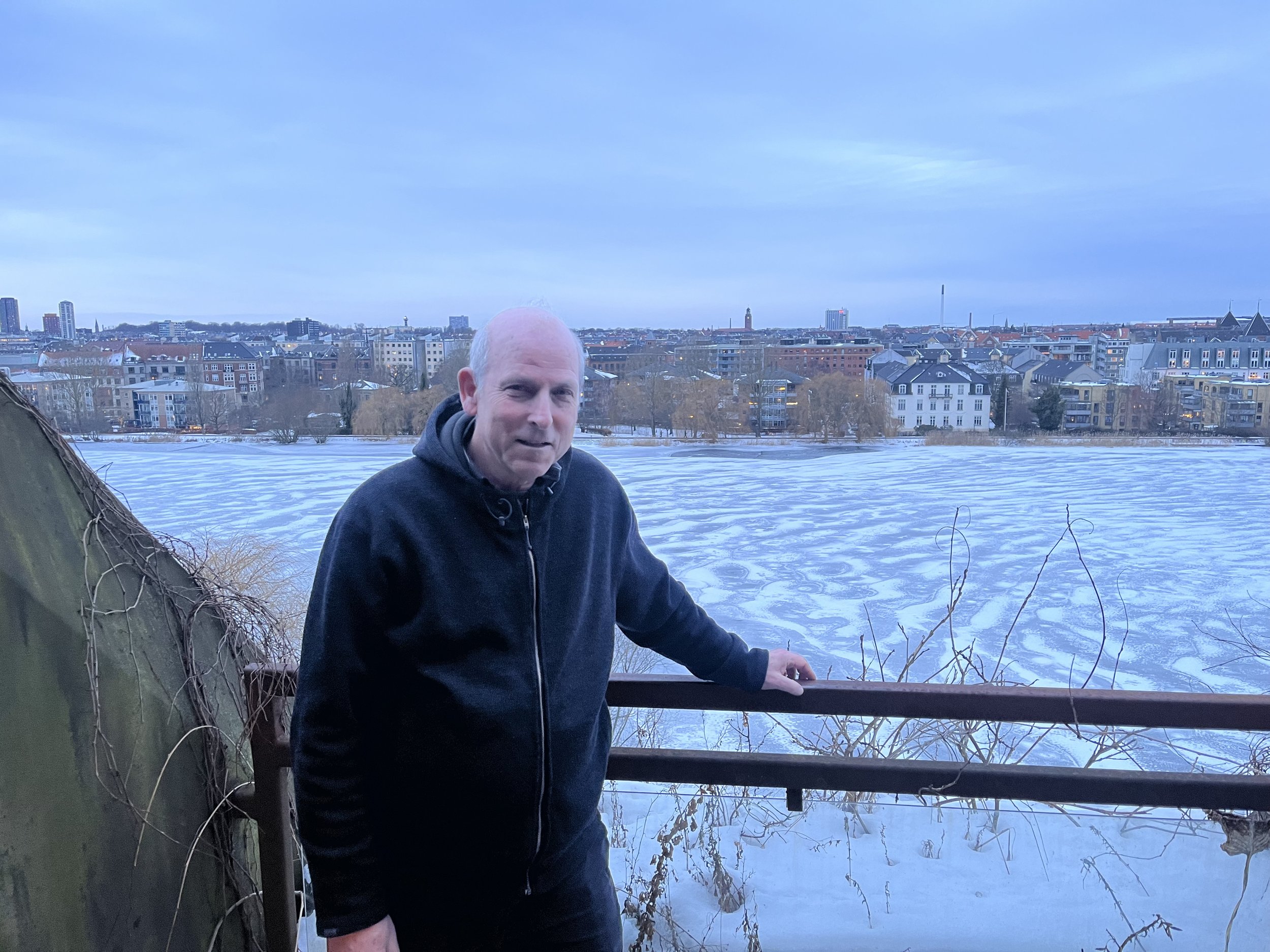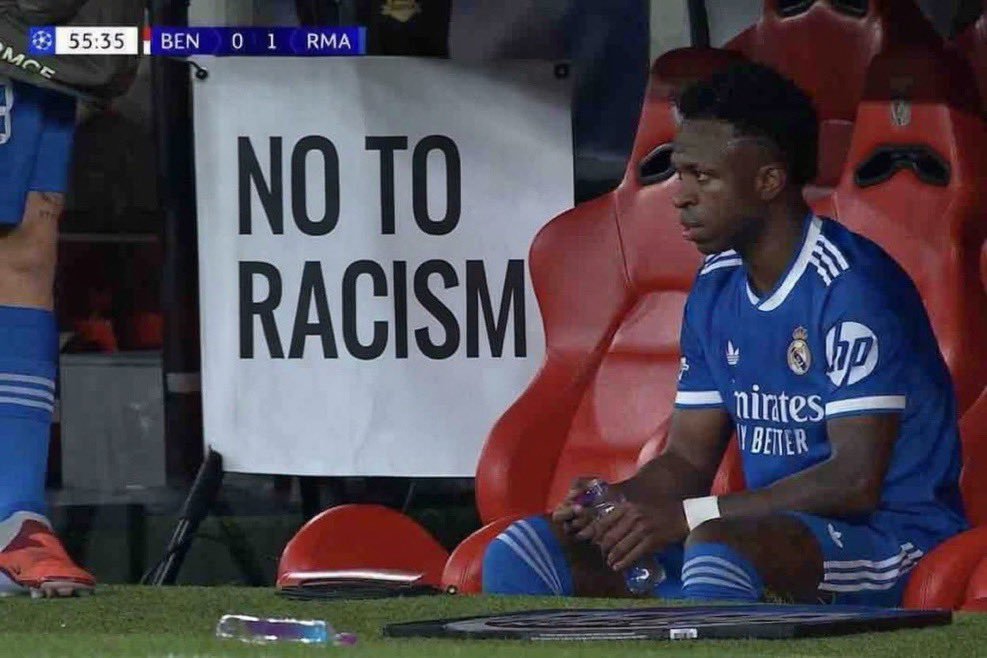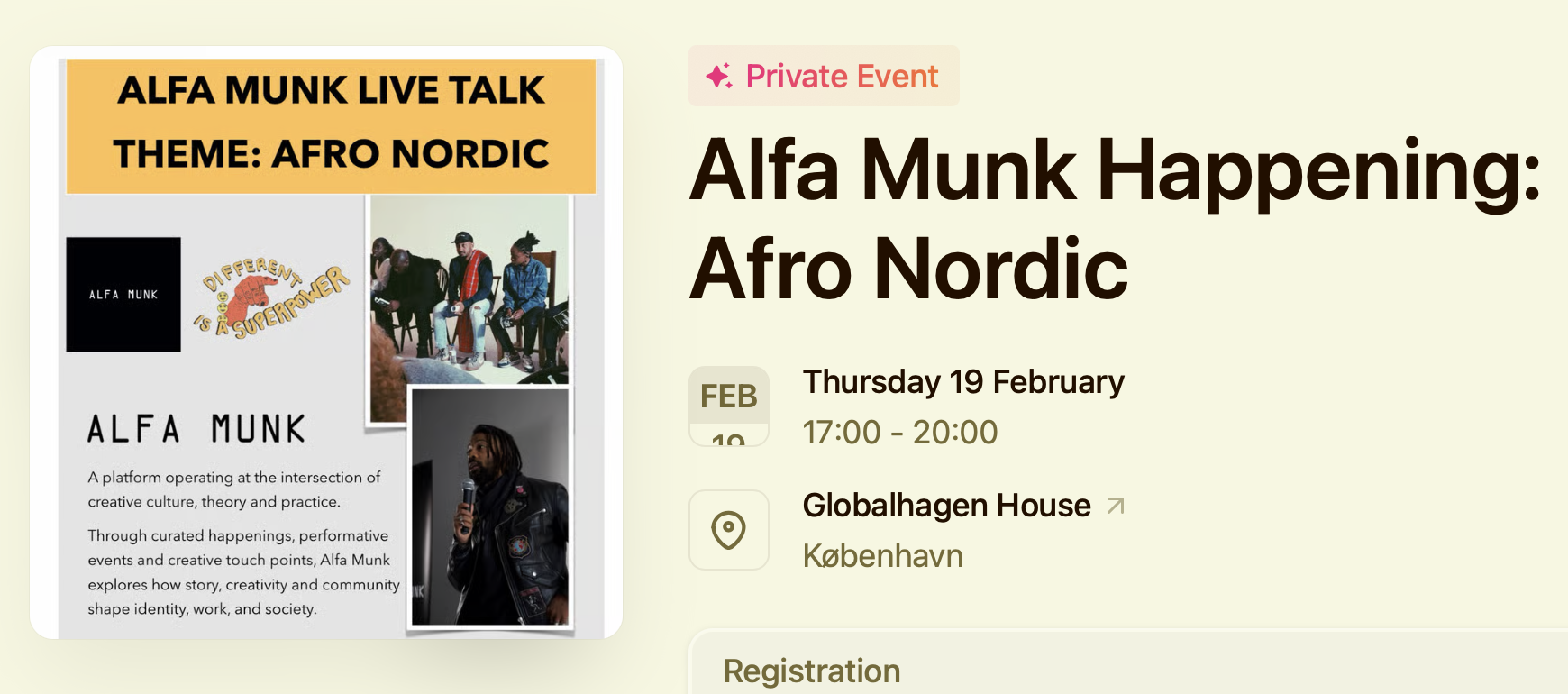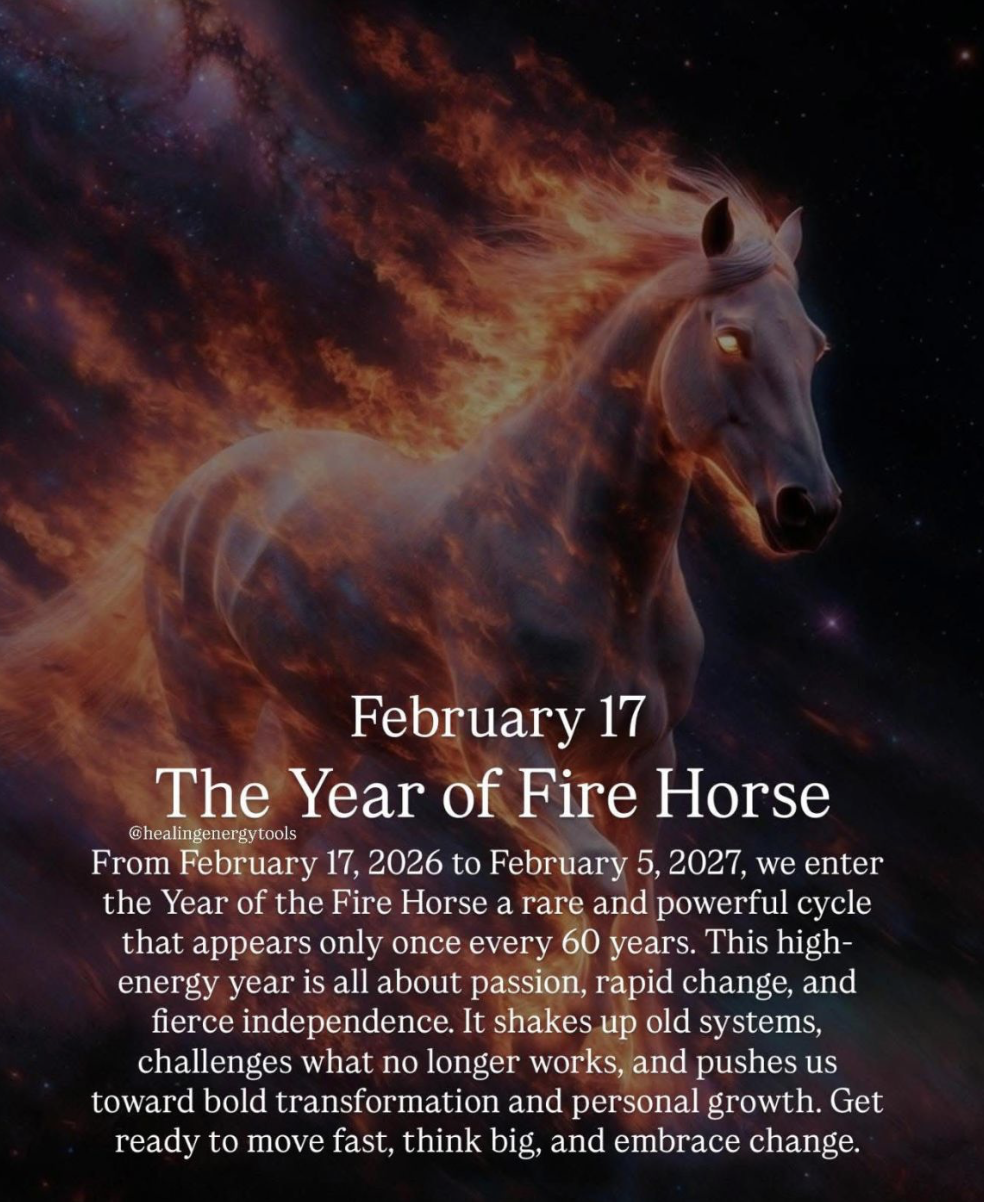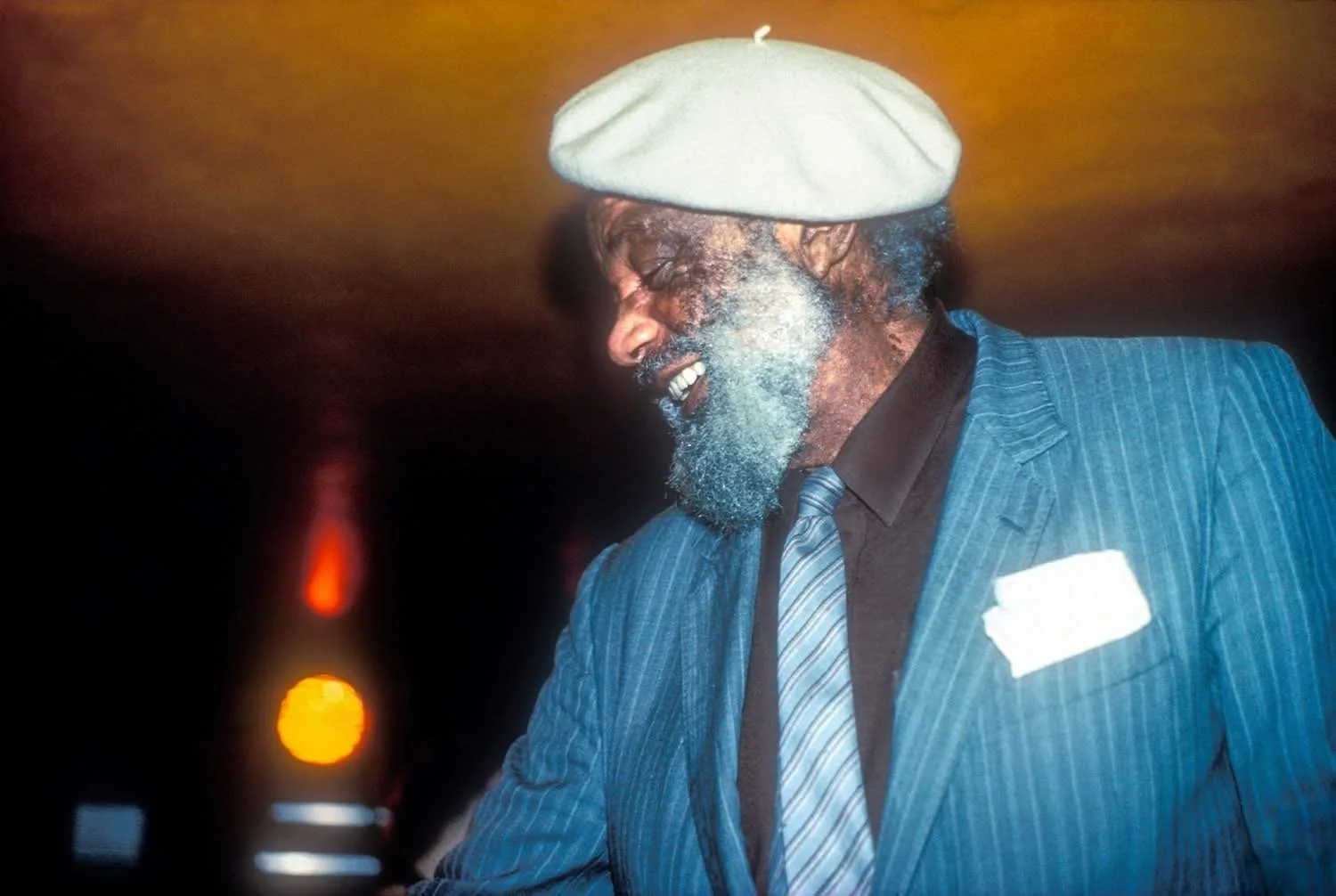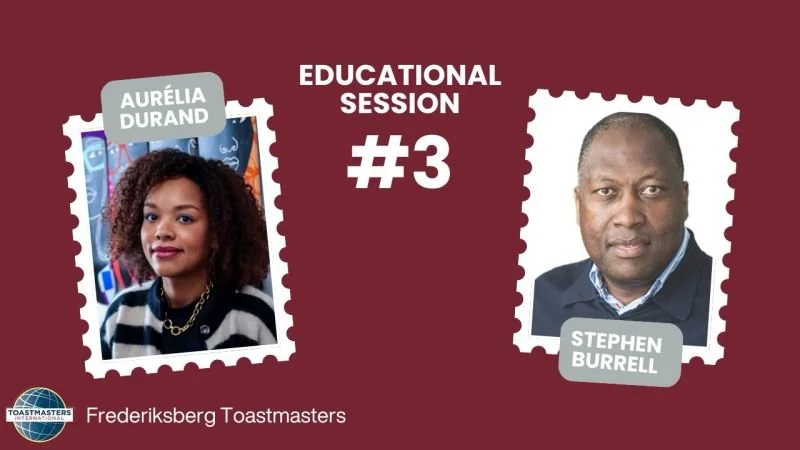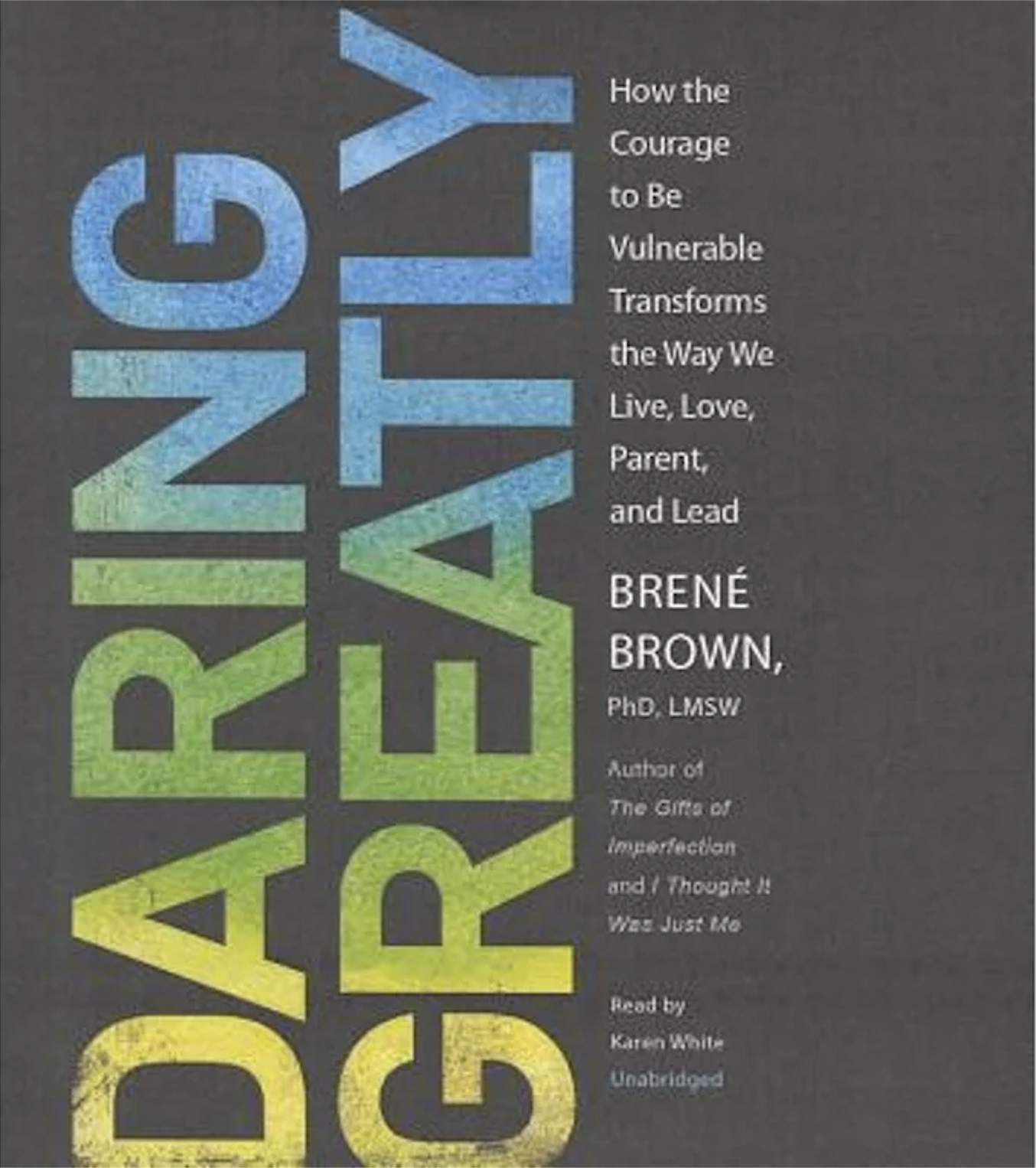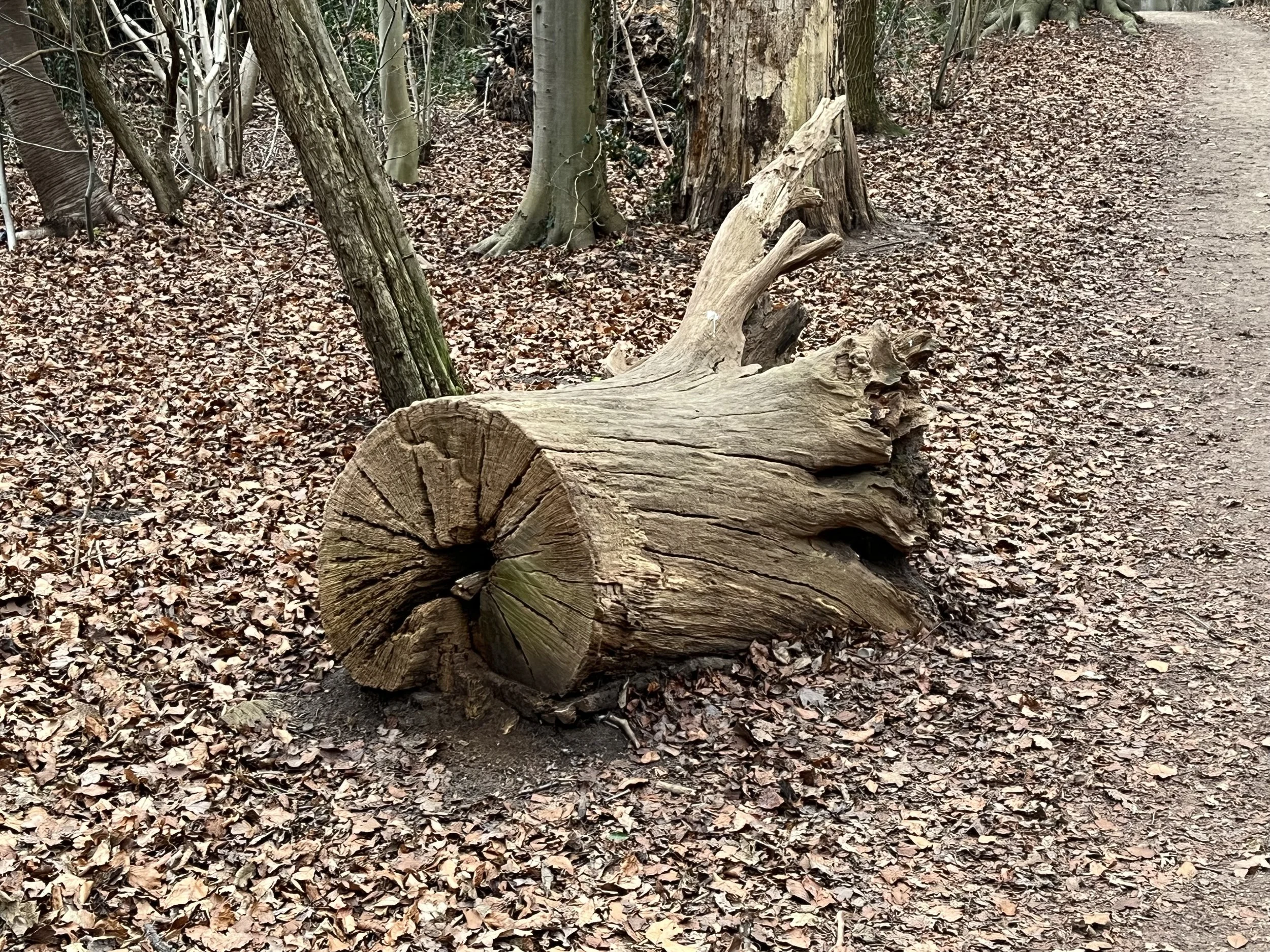Legislation can regulate behaviour, but it does not automatically shift underlying attitudes or perceptions. When individuals or communities are perceived as “different,” initial reactions are often shaped by uncertainty or suspicion. Without deliberate efforts to build inclusion and opportunity, social distance can increase. When people feel excluded from mainstream pathways, they will seek alternatives. In some cases, those alternatives may include informal or unlawful economies, particularly where legitimate opportunities are limited or difficult to access. While it is often argued that individuals have choices, the practical range of viable options can be significantly constrained by structural factors such as access to education, networks, employment, and social capital.
From my experience growing up in London, the narrative of abundant opportunity does not always reflect lived reality. If organisations and institutions want sustainable integration and social stability, the focus must extend beyond compliance and enforcement to genuine access, participation, and economic mobility.


